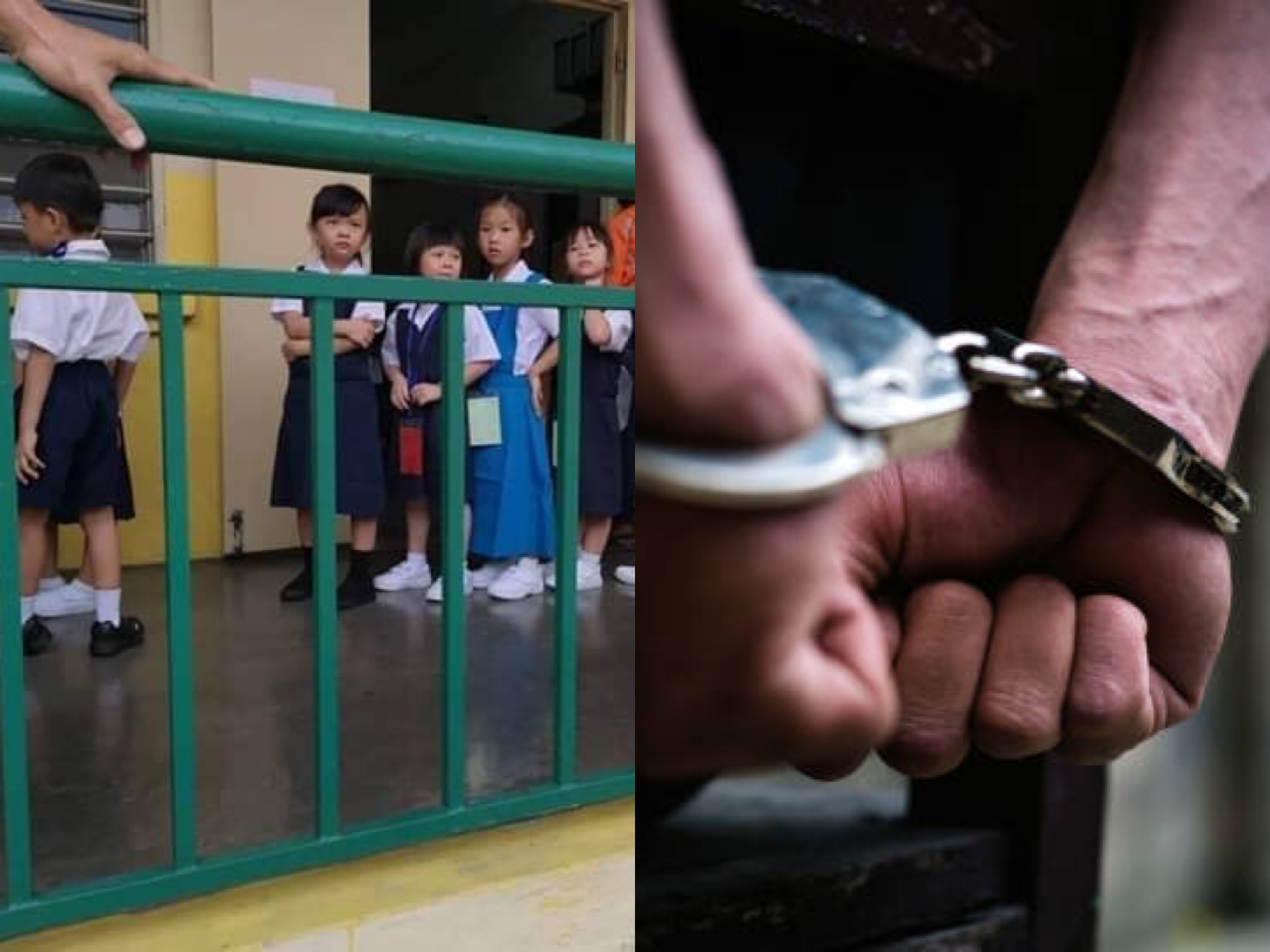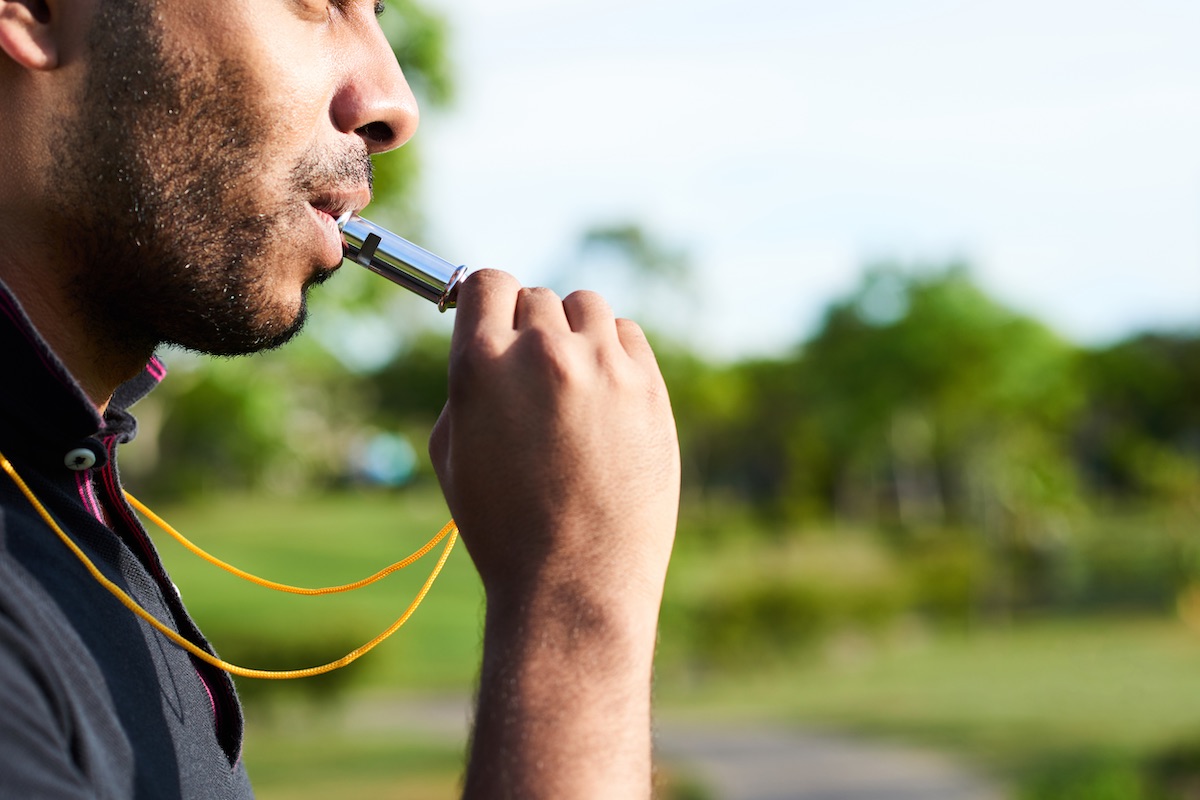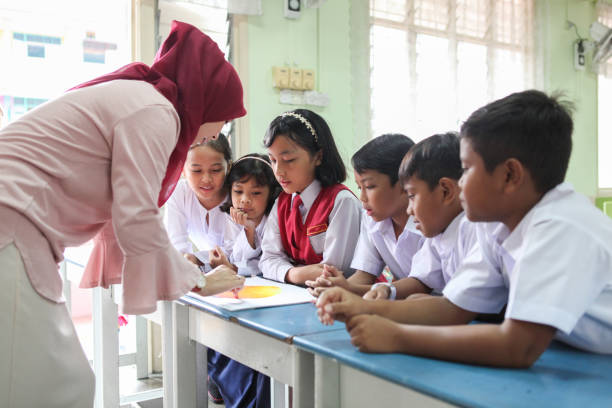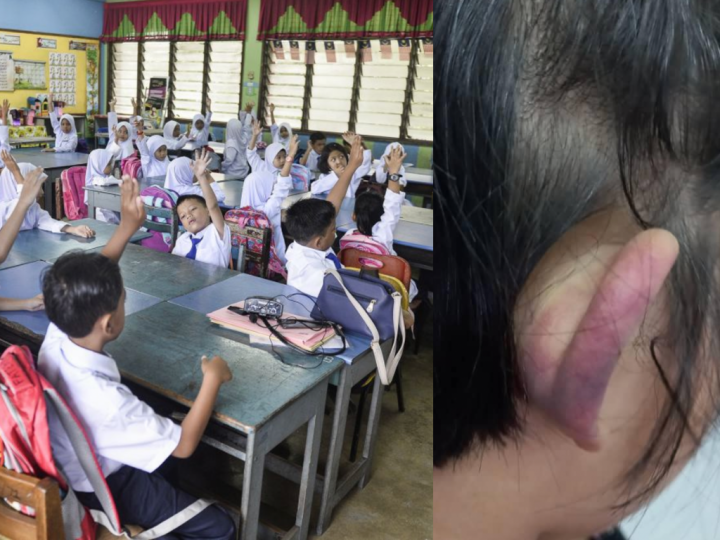“Call Me Daddy”: P.E. Teacher Gifts 12-Year-Old Student Toys & Says The Creepiest Thing To Her
 Thirsty for JUICE content? Quench your cravings on our Instagram, TikTok and WhatsApp
Thirsty for JUICE content? Quench your cravings on our Instagram, TikTok and WhatsApp

Some of us may have mistakenly called our teachers “mommy” in primary school… no? Just me? Okay. But things are seen in a more serious light when it isn’t an innocent reflection of role-modelling.
On August 10, a primary school teacher told his student to start calling him “daddy” instead of his usual title.
A science and physical education teacher had ordered the 12-year-old pupil to see him in his office at the school on 10 August at 4.40pm.
He asked the pupil to close the door behind her and gave her a box of plastic flowers and a toy. It was then that he asked her to call him “daddy”, instead of “teacher.”
The young girl told four of her friends about what happened and one of their parents reported the incident to the authorities.

He was arrested at the primary school on 24 August. The 52-year-old was ordered by a magistrates’ court in Kuching to enter a peace bond of RM1,000 over actions deemed inappropriate.
Magistrate Zaiton Anuar ordered the teacher, who was unrepresented by counsel, to execute the bond for six months pursuant to Section 67 of the Criminal Procedure Code.
A peace bond is an order from a criminal court that requires a person to keep the peace and be on good behaviour for a period of time. This essentially means that the person who signs a peace bond must not be charged with any additional criminal offences during its duration.

While the teacher’s demand for his student to call him a parental figure was just plain creepy, we all know the negative connotations it leads to.
In May 2021, a report stated that out of almost 300 sexual harassment cases in educational institutions, 79.4% involved educators and school authorities.
The study was conducted by the All Women’s Action Society (AWAM). While not all survivors revealed their age when they experienced these incidents, AWAM said 91.6% of them were children.
AWAM urged the education ministry to swiftly establish long-term solutions to ensure that educational institutions in the country were safe spaces.

 Get Audio+
Get Audio+ Hot FM
Hot FM Kool 101
Kool 101 Eight FM
Eight FM Fly FM
Fly FM Molek FM
Molek FM

